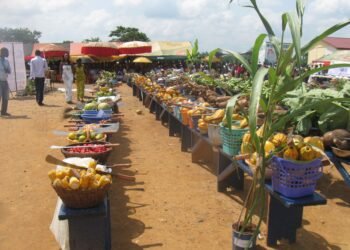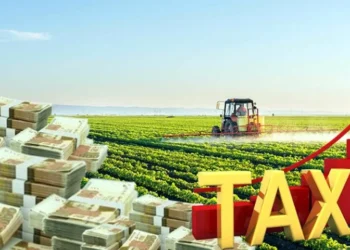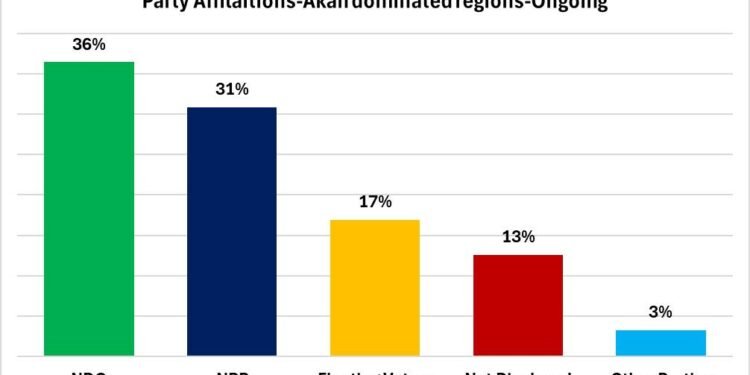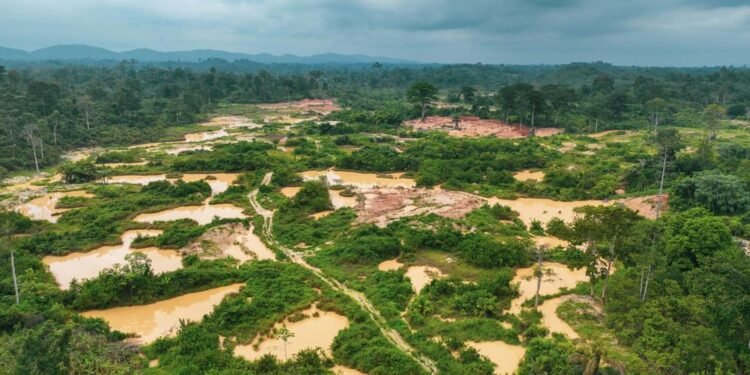Executive Director for the Centre of Posterity Interest Organization (COPIO), Mustapha Maison Yeboah, has called on African governments to invest in youth in agriculture.
According to him, this will help alleviate the plight and forestall the devastating effects of climate change on food security.
Mr Yeboah further advised African governments to roll out Youth in Agriculture Programmes. This, he explained, must be focused on devoting their time and energies into commercial agriculture using modern irrigation systems.
He revealed that the move will go a long way to ensure agriculture is made attractive to the youth. The Executive Director for COPIO noted that it will mostly be beneficial to those in the rural areas and enable them earn a living and help curb youth unemployment.
“We have observed with worry some youth uprising and demonstrations across the African continent due to high food prices, high cost of living and rising youth unemployment”.
Mustapha Maison Yeboah
Food security and rising food prices
Mr. Yeboah also explained that research has shown pragmatic evidence of a relationship between rising food prices, high cost of living, climate change and its impact on food security.
With this, he revealed that despite the current food system feeds majority of the world’s population and supports the livelihood of over 1 billion people, the food system is under pressure from non-climate stressors, and climate change.
Per the United Nations Food and Agriculture Organization (UNFAO), it suggests that 50 percent more food should be produced by 2050 to feed the increasing world population.
Highlighting the relevance of this, Mr Yeboah opined that “however, climate change is impacting negatively on Africa’s food security situation and increasing vulnerability”.
Subsequently, he implored African governments to prioritise the welfare of the youth. He explained that they are the future man-power base of the continent that will help ease the negative effects of climate change.
Protecting food security
According to the Food and Agriculture Organization, prior to the entrance of COVID-19 pandemic food insecurity was a serious concern throughout sub-Saharan Africa.
It suggested that some 239 million people in the region were undernourished as of 2018. Since long before the COVID-19 pandemic, these chronic food crises have been driven by a variety of factors, including economic shocks, climate, and conflict. Indeed, areas that are severely affected by climate change, particularly the Sahel region, the Horn of Africa, and southern Africa have many food insecure people.
On April 16, 2020, the ministers for agriculture of African Union member states publicly committed to minimizing food system disruptions and ensuring food security and nutrition for all their citizens during and after the COVID-19 pandemic.
In their statement, the ministers urged governments to “prioritize the food and agriculture system as an essential service”. They also advised governments to “recognize that all types of food systems, be it modern, traditional and informal play critical roles in serving different markets”.
In doing so, they joined the ranks of other countries and organizations, such as the G-20 and ASEAN, that have recognized that essential steps must be taken to keep food moving in this exceptional moment.
Read Also: Lawyers tax performance have been poor























